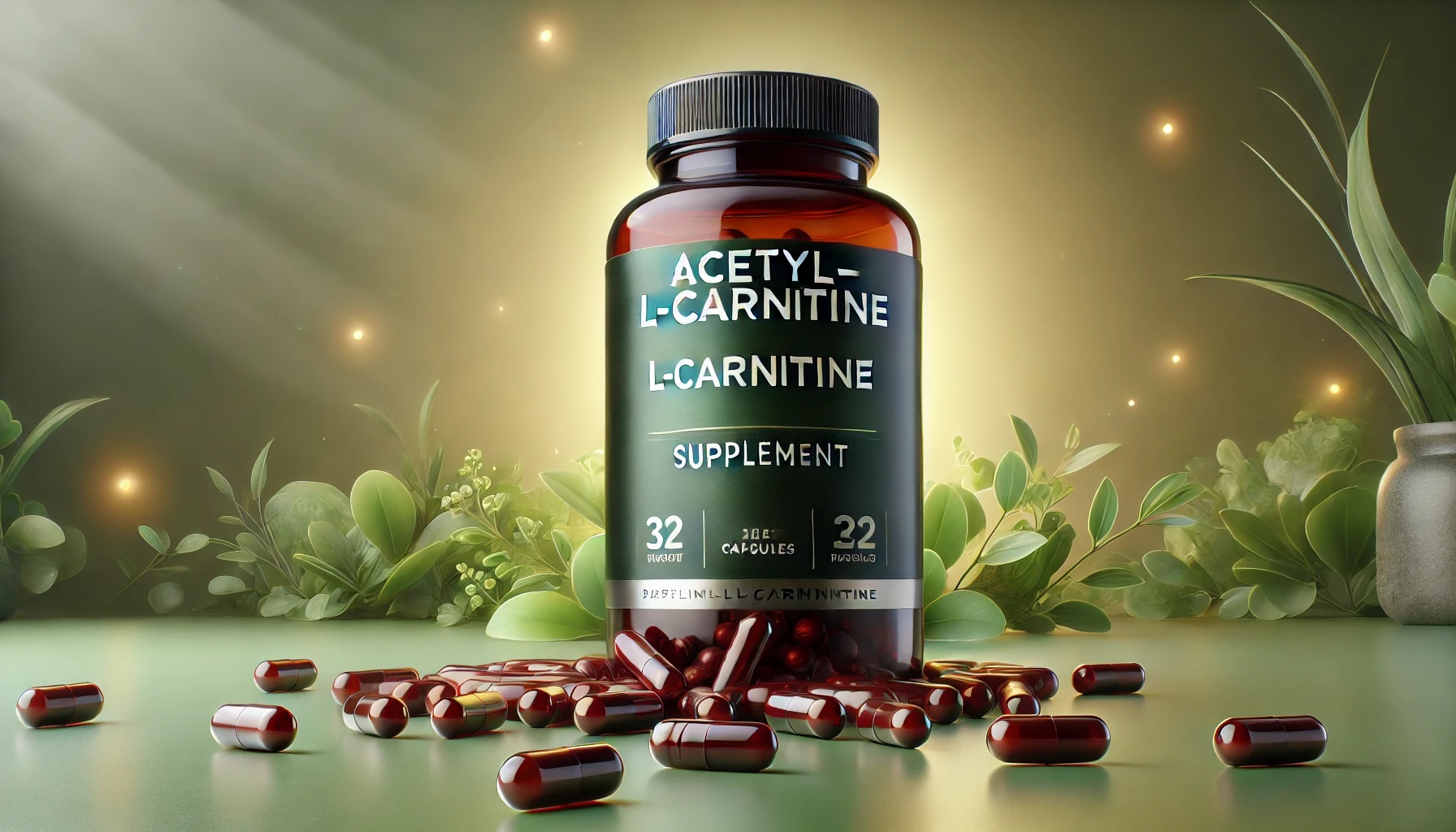This post was written with Consensus AI Academic Search Engine – please read our Disclaimer at the end of this article. Acetyl-L-carnitine shows promise in various therapeutic areas, including ADHD, neuropathic pain, frailty in older adults, male infertility, and hepatic encephalopathy. However, its use is not without risks, particularly in the context of chemotherapy-induced neuropathy and potential anxiogenic effects. Further research is needed to fully elucidate the benefits and risks of ALC in different clinical settings.
Uses of Acetyl-L-Carnitine
Attention-Deficit/Hyperactivity Disorder (ADHD)
Acetyl-L-carnitine (ALC) has been investigated for its potential benefits in treating ADHD. A multi-site, placebo-controlled pilot trial involving 112 children with ADHD found that while ALC did not significantly affect the overall ADHD population, it showed promise in improving symptoms in children with the inattentive subtype of ADHD. The study also noted negligible side effects, suggesting that ALC is safe for use in this context1.
Neuropathic Pain and Nerve Regeneration
ALC has shown efficacy in alleviating symptoms of neuropathic pain and promoting nerve regeneration. In patients with chronic diabetic neuropathy, ALC treatment significantly improved pain, nerve fiber regeneration, and vibration perception7. Additionally, ALC has been tested for its potential to prevent taxane-induced neuropathy in breast cancer patients, although results indicated an increase in neuropathy symptoms over time5.
Frailty in Older Adults
In older adults, ALC has been found to slow the progression from prefrailty to frailty. A randomized clinical trial demonstrated that ALC treatment led to significant improvements in inflammatory markers, cognitive function, and physical performance, suggesting its potential to delay degenerative disorders associated with aging3.
Male Infertility
A study on infertile males with asthenozoospermia (reduced sperm motility) found that combined treatment with L-carnitine and ALC significantly improved sperm motility, particularly in patients with lower baseline levels of motile sperm4.
Hepatic Encephalopathy
ALC has also been studied for its effects on fatigue in patients with hepatic encephalopathy. A randomized, double-blind, placebo-controlled study found that ALC significantly reduced both mental and physical fatigue and increased physical activity in these patients10.
Risks of Acetyl-L-Carnitine
Chemotherapy-Induced Peripheral Neuropathy (CIPN)
While ALC has been explored for its neuroprotective properties, a study on its use to prevent CIPN in breast cancer patients found that ALC actually increased the incidence of neuropathy symptoms over a 24-week period. This suggests that ALC may not be suitable for preventing CIPN and could potentially exacerbate the condition5.
Anxiety-Like Behaviors
Research on the effects of ALC on anxiety-like behaviors in rats indicated that chronic administration of ALC could reduce anxiety at certain doses, but higher doses or acute administration could have anxiogenic effects. This suggests a complex dose-response relationship that needs careful consideration in clinical settings8.
Hematotoxicity and Oxidative Stress
In a study on benzene-induced hematotoxicity, ALC was found to partially mitigate the damage caused by benzene exposure. While this indicates a protective effect, it also highlights the potential for ALC to interact with environmental toxins, necessitating further research to fully understand these interactions9.
Disclaimer
The content presented in this blog is generated by Consensus, an AI-powered academic search engine, and is based on publicly available scientific literature. While every effort is made to provide accurate, up-to-date, and well-researched information, the content is intended for informational and educational purposes only. It does not constitute medical advice, diagnosis, or treatment. Always consult a qualified healthcare professional before making any decisions regarding medical conditions, treatments, or medications. The AI system’s analysis may not cover all perspectives, emerging research, or individual cases, and it is not a substitute for professional expertise. Neither the blog publisher nor the developers of the AI-powered search engine are responsible for any actions taken based on the information provided in this content. Use of this information is at your own risk. Citations to the original scientific studies are included for reference, but these studies should be reviewed in full and interpreted with the guidance of a healthcare or research professional.
If you are experiencing a medical emergency, please seek immediate attention from a healthcare provider.
